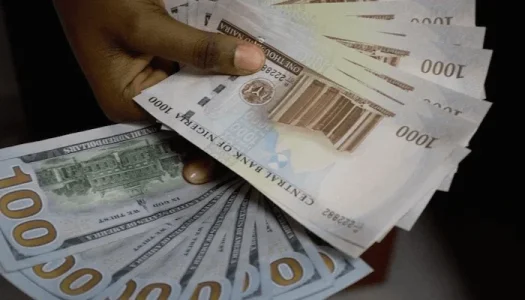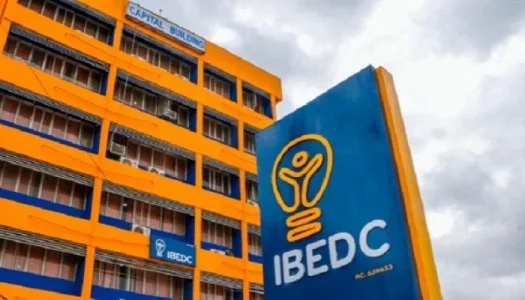
Nigeria's naira remained flat in the parallel forex market but depreciated slightly at the official window, highlighting the currency's volatility amid economic pressures. Experts weigh policy options to address the forex crunch.
The Nigerian naira exhibited contrasting trajectories in recent trading, finding stability in the parallel foreign exchange market while depreciating further against the U.S. dollar at the official window. This divergence underscores the persistent challenges facing Africa's largest economy as it grapples with forex scarcity, mounting inflationary pressures, and policy uncertainties.
On Friday, the naira traded flat at N1,490 per dollar in the parallel market, also known as the black market, according to currency traders in Lagos. This rate remained unchanged from the previous trading day on May 29. Bureau de change (BDC) operators quoted the buying rate at N1,470 and the selling price at N1,490, leaving a profit margin of N20.
However, at the official window, the local currency depreciated marginally by 0.08 percent to N1,485.99 on Friday, down from N1,484.74 on May 30. According to data from the FMDQ Exchange, which oversees official forex trading in Nigeria, the exchange rate recorded a high of N1,550 per dollar and a low of N1,174.88 during Friday's trading hours. The daily foreign exchange market turnover stood at $218.52 million.
The divergence between the parallel and official exchange rates highlights the persistent challenges faced by the Central Bank of Nigeria (CBN) in managing the country's currency and foreign exchange reserves. Nigeria's heavy reliance on oil exports and a lack of diversification have left the economy vulnerable to external shocks, exacerbating the forex crunch.
The Association of Bureau De Change Operators (ABCON) recently called on the CBN to review the minimum capital base for tier-1 operators to N500 million and tier-2 operators to N100 million. This move aims to strengthen the BDC sector's capacity to meet foreign exchange demands.
As the naira's volatility persists, experts urge policymakers to consider measures such as currency unification, fiscal consolidation, and diversification of export earnings to alleviate pressure on the currency and support economic growth.




